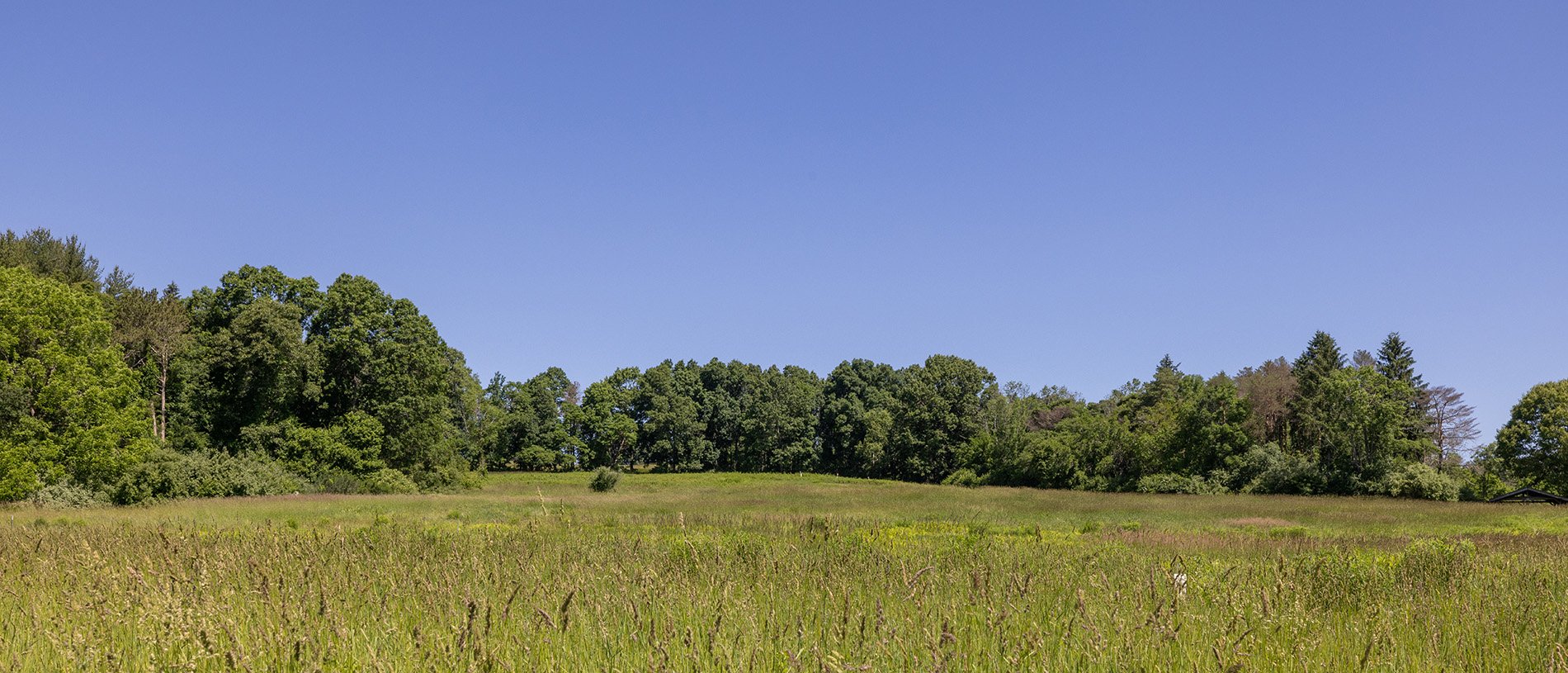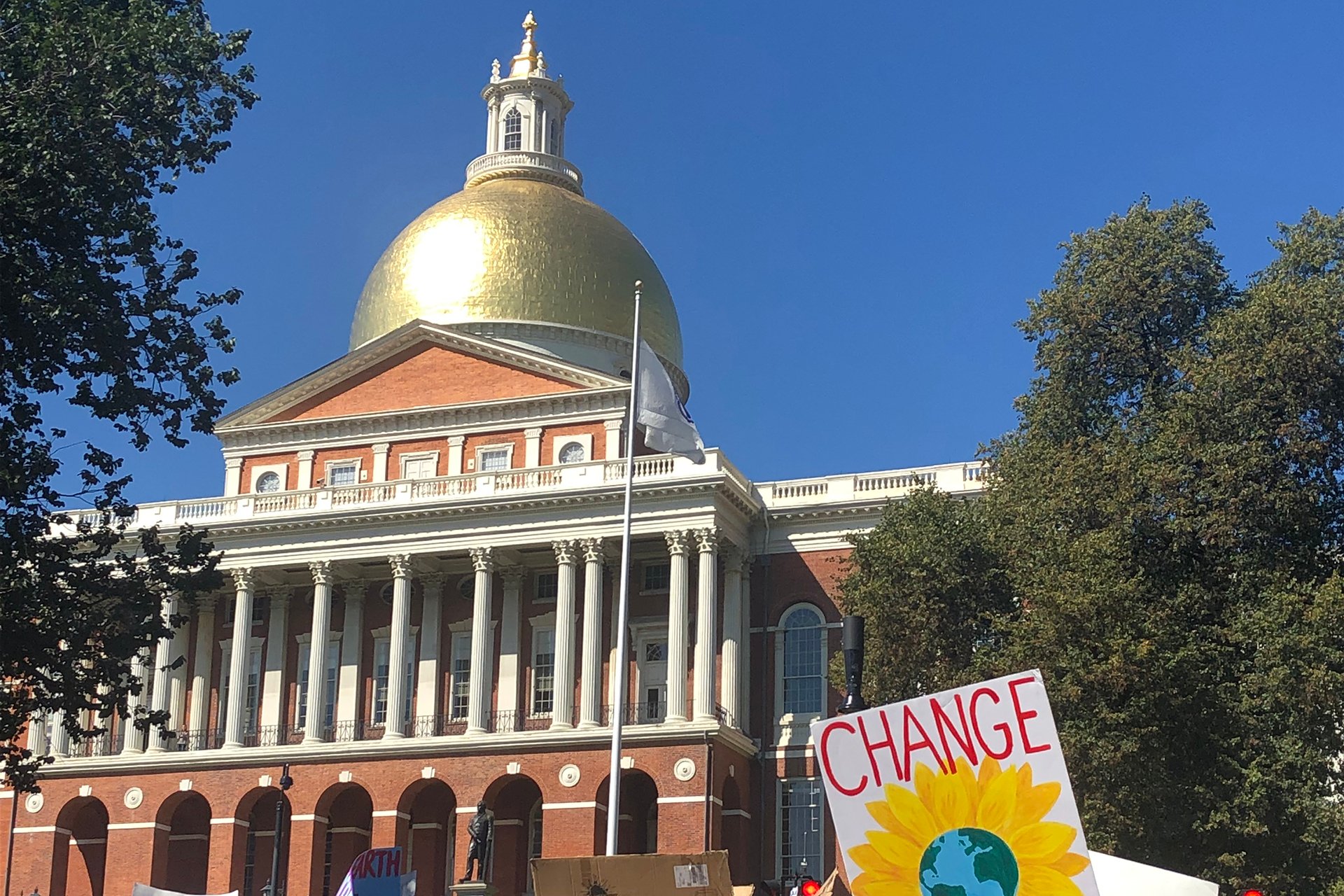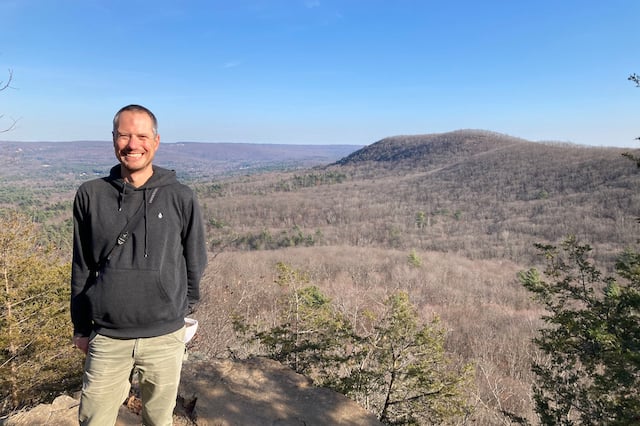Statement in Response to Article Critical of Our Carbon Offset Project
Press Release
May 10, 2021
In 2015 Mass Audubon initiated a project to enroll nearly 10,000 acres of forest on the California Air Resources Board (CARB) carbon offset market, the most rigorous in the nation. We entered the California market in good faith to commit ourselves to managing for carbon on these acres, generate income to support our mission, and support one of the most robust policies that puts a price on carbon emissions.
Our decision to enter the market was not taken lightly. Importantly, we note that California’s program requires that polluters themselves reduce their own greenhouse gas (GHG) emissions directly, in contrast to many voluntary offset programs. And we only committed to a project after considering its technical feasibility, as well as its advisability and alignment with our mission. Staff and Board members spent two years performing due diligence, speaking with conservation peers, carbon project developers, CARB, critics of the program, and other experts in climate policy and markets. After this thorough review process, our project was designed in strict adherence with every requirement of the California program.
Mass Audubon manages land to balance multiple ecological purposes. When managing for wildlife, for example, we often log small tracts to improve habitat for key species of conservation concern, which can reduce carbon. On the 10,000 acres enrolled in CARB’s program, however, we now specifically manage these to sequester additional carbon for at least a century. Project funds also endow 100 years of forest monitoring to ensure the carbon is retained. Finally, we have used funds to invest in our Climate Change Program and acquire additional lands for conservation and carbon sequestration.
Mass Audubon applauds CARB for developing the first regulatory program that funds Nature Based Solutions and we are proud of our participation in this groundbreaking program. We acknowledge there are challenges with designing markets for forest carbon and calculating their contributions to climate mitigation. These markets are new and they will evolve. But efforts to make polluters pay for carbon emissions and provide funding for Nature Based Solutions are absolutely critical to preserving our climate and nature. Mass Audubon will continue to advocate for innovative policy solutions that achieve these outcomes.
To learn more about our project, please read the frequently ask questions.
About Mass Audubon
Mass Audubon is the largest nature-based conservation organization in New England. Founded in 1896 by two women who fought for the protection of birds, Mass Audubon carries on their legacy by focusing on the greatest challenges facing the environment today: the loss of biodiversity, inequitable access to nature, and climate change. With the help of our 160,000 members and supporters, we protect wildlife, conserve and restore resilient land, advocate for impactful environmental policies, offer nationally recognized education programs for adults and children, and provide endless opportunities to experience the outdoors at our wildlife sanctuaries. Explore, find inspiration, and take action at massaudubon.org.






